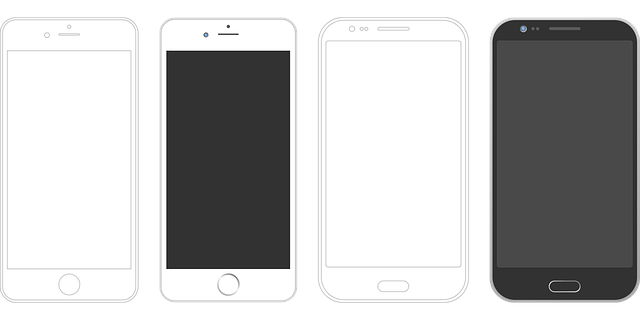In South Carolina, "do not call" laws protect residents from unsolicited marketing calls. If you receive unwanted calls from a lawyer or firm on the "do not call" registries, consult a specialized "do not call" attorney to assert your rights and take legal action against violators. Document all incidents with detailed evidence for easier navigation of potential legal issues. Understanding do not call regulations is crucial for individuals and businesses alike to avoid unwanted calls, especially from existing business relationships or specific purposes like collections or survey research. Immediate action and consultation with a lawyer are recommended if persistent harassment interferes with daily life or business operations.
In Anderson, SC, unwanted phone calls can be more than just a nuisance; they may violate state laws and regulations. Understanding the legal ramifications of these calls is crucial when considering action. This guide provides insights into navigating Do Not Call rules in South Carolina, helping you document evidence effectively. If necessary, learn how to file complaints with the proper authorities or consult a Do not call lawyer SC or do not call attorney SC from a reputable do not call law firm South Carolina. By following these steps, you can protect your rights and seek legal remedies against persistent unwanted calls.
Understanding Unwanted Calls and Their Legal Ramifications in South Carolina
In South Carolina, unwanted calls, often referred to as “do not call” violations, carry significant legal implications. These laws are designed to protect individuals from unsolicited phone marketing and sales calls. The state’s regulations are in line with federal “do not call” lists, ensuring that residents’ privacy is respected. If you’ve received a call from a lawyer or law firm in South Carolina listed on these registries, it could indicate a potential violation.
Such calls can lead to legal action, as South Carolina has strict penalties for those who disregard the “do not call” rules. Residents who experience persistent unwanted calls from lawyers or attorney firms may have grounds for a complaint. If you wish to pursue legal action, contacting a lawyer specializing in these matters is advisable. A “do not call” lawyer in South Carolina can guide you through the process, ensuring your rights are protected and helping you navigate any potential legal ramifications resulting from such unauthorized calls.
Documenting the Calls: What to Record and How to Collect Evidence
When documenting unwanted calls for potential legal action in Anderson, SC, gathering comprehensive evidence is crucial. Besides noting the date and time of each call, record specific details such as the caller’s identification (if available), the nature of the call (e.g., sales pitch, harassment), and any offensive or threatening language used. Keep a log of all conversations, including any promises made or broken during the calls.
To collect evidence, save all voicemails, emails, and text messages related to the unwanted calls. Take screenshots of any online interactions or social media posts that could serve as proof. If possible, record phone conversations with consent (ensure you inform the caller about the recording). Organize this evidence digitally in a structured format for easy reference. Remember, documenting these calls meticulously can significantly aid your case if you decide to involve a do not call lawyer or do not call attorney in South Carolina and pursue legal action against offending do not call law firms or do not call lawyers in the state.
Navigating Do Not Call Regulations in SC: Rights and Responsibilities
In South Carolina, navigating do not call regulations is essential for both individuals and businesses to understand their rights and responsibilities. The Do Not Call list, maintained by the Federal Trade Commission (FTC), allows consumers to register their phone numbers to prevent unsolicited calls from telemarketers. However, it’s crucial to know that this list does not protect against all unwanted calls, especially those originating from businesses with which you have an existing relationship or calls made for specific purposes like collections or survey research.
If you’re experiencing a barrage of unwanted calls in Anderson, SC, understanding your legal options is vital. A do not call lawyer or attorney in South Carolina can help you assert your rights and take appropriate legal action against persistent violators. They can guide you through the process of registering complaints with relevant authorities and even represent you in court if necessary, ensuring that your rights are protected under state and federal laws governing telemarketing practices.
Taking Action: Steps to File a Complaint and Seek Legal Remedies
If unwanted calls persist and significantly impact your daily life or business operations, it’s time to take action. The first step is to gather evidence—record the caller’s ID, date, and time of each call, and keep a log detailing the nature of the calls. Additionally, save any voicemails or messages left by the callers.
Next, consult with a lawyer specializing in Do Not Call laws in South Carolina. A “Do not call” attorney in Anderson, SC, can guide you through the process of filing a formal complaint with the South Carolina Attorney General’s Office. They can also represent you if the caller continues to harass you and take legal action against them on your behalf, seeking damages and injunctive relief to stop the unwanted calls. Remember, don’t hesitate to reach out to a law firm that handles Do Not Call cases in SC for assistance.






